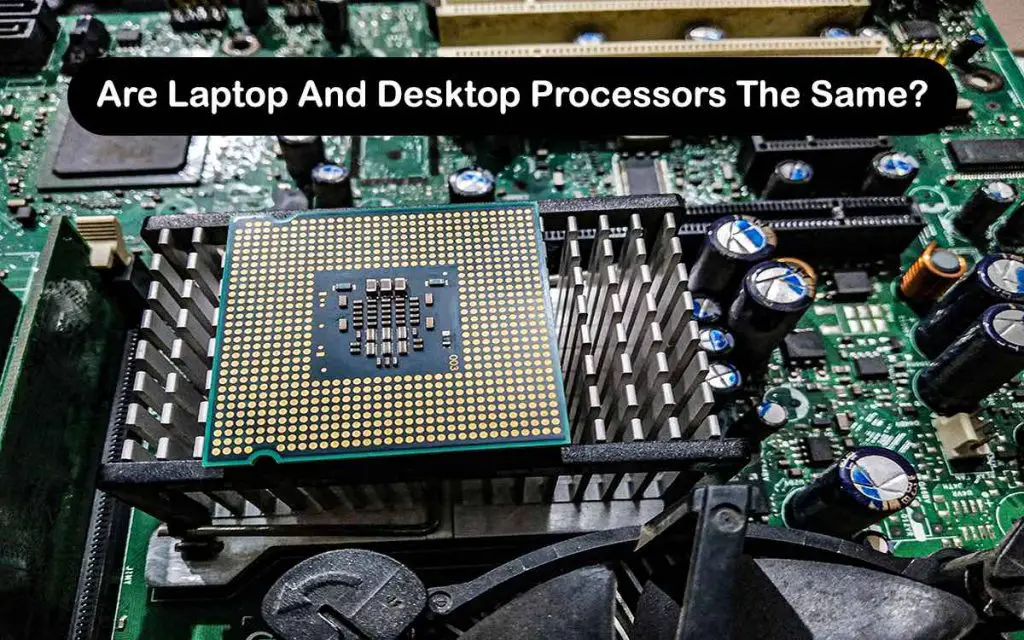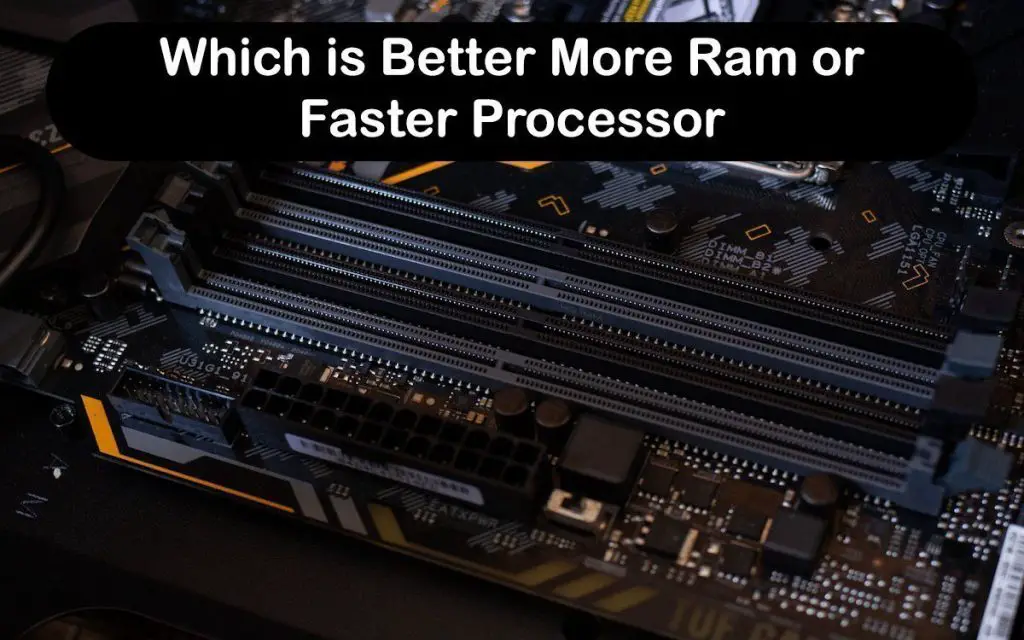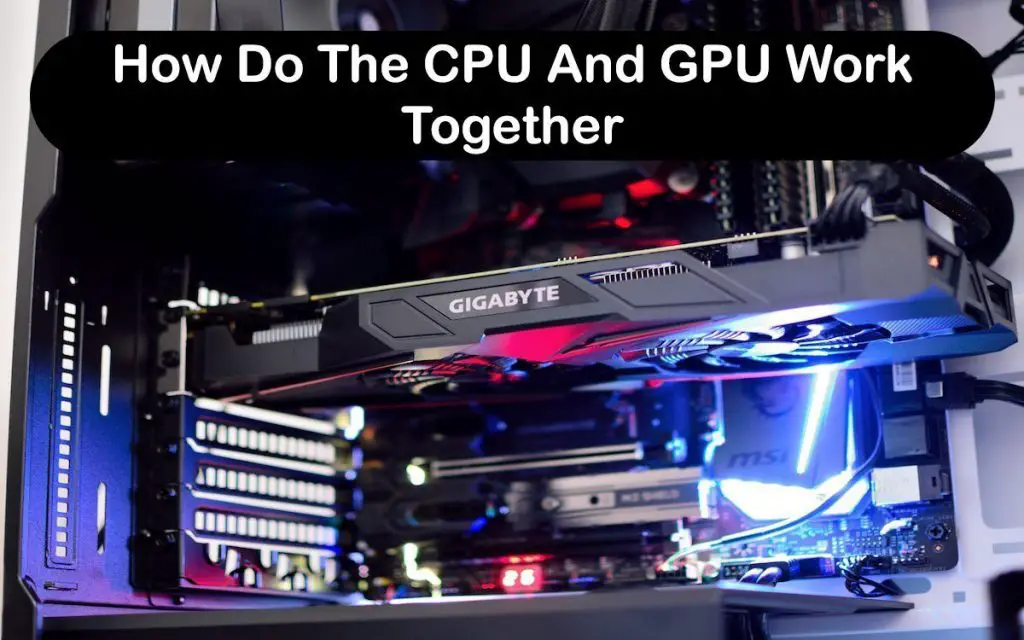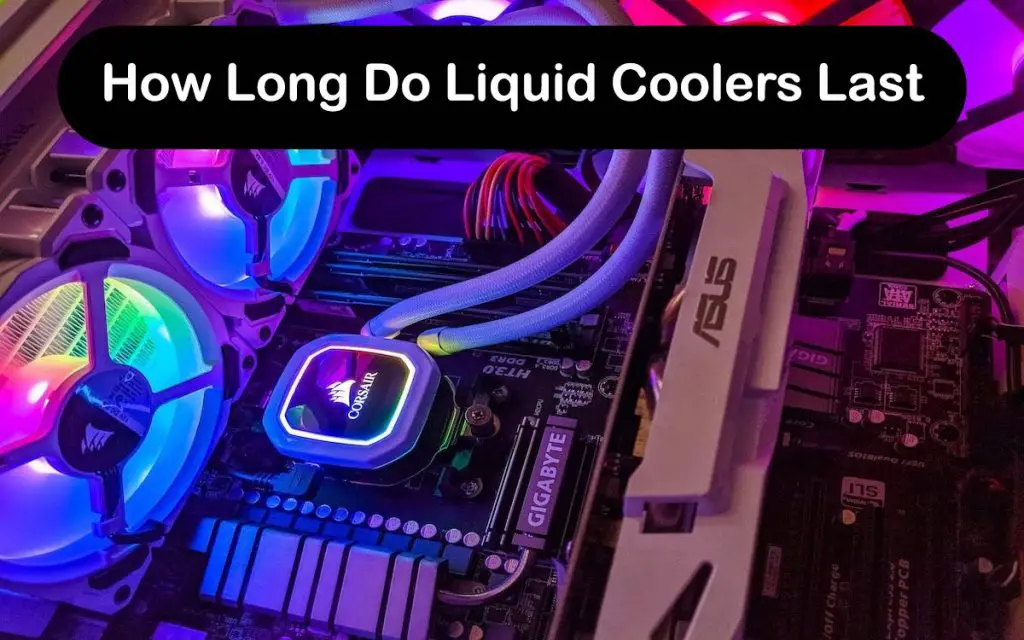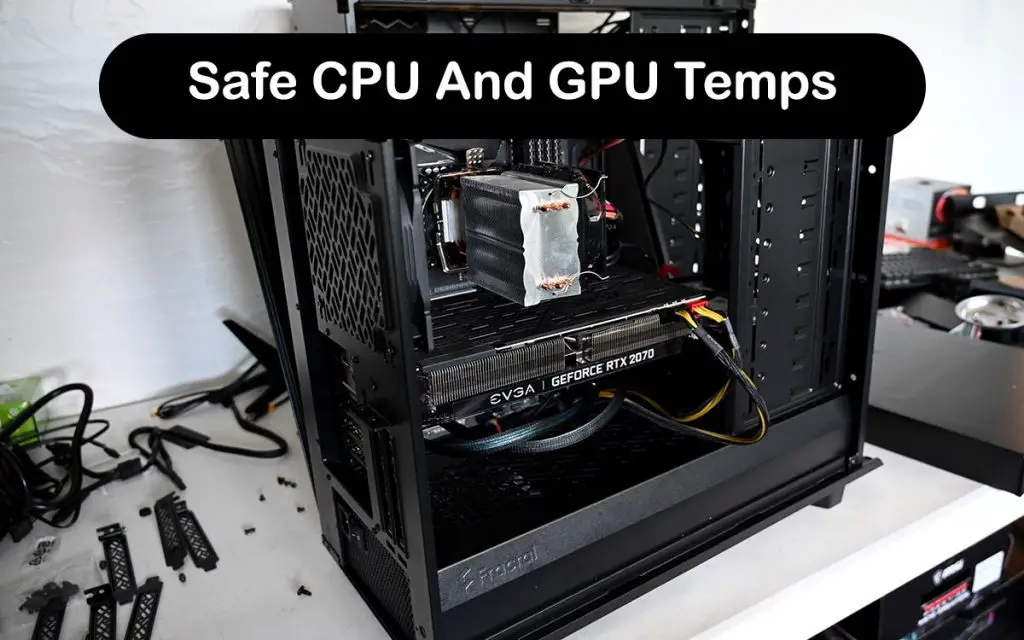Laptops are essentially smaller versions of desktop computers. They have the same basic components, they perform the same functions, and they have a similar architecture. But are laptop and desktop processors the same?
Most laptops use processors that are similar to their desktop counterparts, but there are some important differences. Laptops are limited by thermals and power, which means that the processors built for laptops must take that into account. In other words, laptop processors are usually less powerful and generate less heat as a result of that.
It is important to note that some laptops use desktop CPUs, like the Origin EON15-X. These laptops are usually very large because they have to accommodate large heatsinks to cool those desktop CPUs. Are laptop and desktop processors the same in such laptops? They are, but a better question would be to ask if they should exist in the first place because the heat output is immense.
You can learn more about desktop and laptop processors and how they compare by reading the article. There are some important differences between them that you should know.
Difference Between Laptop And Desktop Processor
There are not many differences between a regular laptop and desktop processors. The architecture is identical between the two within a generation of processors. The main difference is that laptops are less capable devices due to their physical size and mobility. This means that they have less powerful cooling, which in turn means that not every processor can be used inside a laptop.
are laptop and desktop processors the same when it comes to performance?
An equivalent desktop processor will always be more powerful than the same laptop processor. The desktop processor can get significantly better cooling, which means that it can boost to higher clocks before having to thermal throttle. What this means is that you can expect more performance from the same chip if it is put inside a desktop computer.
Still, there are very powerful laptop processors that are much faster than desktop processors. A high-end laptop processor will still have more power than a low-end desktop processor. The difference is even more obvious when you compare a newer laptop with an older desktop computer. This is because processors are always improving. They are getting more efficient with each new generation, which means more performance per watt.
And there is also the power limitation that laptops face when compared to desktops. A desktop computer has a dedicated power supply that can easily deliver 500-600 W. A laptop, on the other hand, is powered by a battery that can be plugged in and it usually consumes around 40-50 W. That is a huge difference and it is easy to see how laptop processors get significantly less power to work with when compared to their desktop counterparts.
You may have heard about ARM processors that are used in some newer laptops. These processors are more similar to the SoCs that are found inside phones than computer processors. They consume significantly less power and are very powerful if you take into account how little power they actually use. Some enthusiasts believe that ARM processors are the future for laptops because of their significantly better efficiency.
These ARM processors are not easily compared to desktop processors because they work in different ways. The best way to compare ARM processors with desktop processors is to take a look at popular benchmarks. Desktop processors will again win most of the time, but the difference is not that significant.
are laptop and desktop processors the same when it comes to power usage?
Even if a laptop has the same processor inside of it as a desktop, the power consumption will probably be significantly lower. Laptop manufacturers tune these processors to use as little power as possible to make the laptop quieter and cooler. It also increases battery life by a lot. Obviously, the limitation in power usage means that the laptop processor is going to perform worse than the desktop one.
There is also a difference in the number of cores. Laptop processors usually have fewer cores when compared to equivalent desktop processors. This is because having more cores will make the computer use more power and output more heat. So, there are fewer cores that boost to lower clock speeds in laptop processors.
Can I Use Desktop CPU On Laptop?
If you have a laptop that supports desktop processors, you will be able to use a desktop CPU in a laptop. Only a few laptops support this, and they are usually huge and have very powerful cooling. One of the best examples is high-end gaming laptops from Origin that use desktop CPUs.
It is important to note that these laptops can usually use only a handful of different desktop processors. This is because they have to fit the socket inside the laptop. Also, power and thermals are limited by the laptop. So, even if your laptop will let you swap the processor, the real question is if you should do that in the first place.
Are laptop and desktop processors the same in laptops that use desktop processors? They are, but they are usually not designed to be swapped out easily as on desktop computers. You may have to do some tinkering to make it work and getting to the processor in the first place can be extremely difficult. Each laptop uses a different cooling system, so you may have to spend some time getting to know the cooling system before being able to get to the processor.
If your laptop does not use desktop processors, then you will not be able to change it and put in a more powerful one. It does not matter if you get a laptop or desktop processor, the laptop probably has a non-removable processor. And if you are lucky enough to get a laptop with a removable processor, it still won’t work with an unknown processor because the laptop was not designed to power it.
If you use a processor with an identical power usage as the previous one, it may work, but it could still be very buggy and unstable. Most of the time, when a laptop processor dies, it means that you will have to get a new laptop.
Are Desktop Processors Faster Than Laptop?
Desktop processors are generally faster than laptop processors. This is true for processors that are from the same generation and tier. For example, an average desktop Intel Core i5 processor will be significantly more powerful than an average laptop Intel Core i5 processor. This is because the desktop processor can get better temperatures, which results in higher clock speeds and less thermal throttling.
The desktop processor usually has more cores and threads, which play a major role in multi-threaded workloads that can benefit from having many cores. Also, desktop processors can be much larger than laptop processors, which means that they can have more transistors on a chip. And the desktop processor usually gets more cache and system RAM to work with, which also makes it run faster.
All these differences affect performance. Even if you have a laptop with a desktop processor, it will still not perform as well as it would inside a regular tower. This is because a laptop is not designed to keep the processor cool. They are usually tuned to be as silent as possible. A desktop computer can push the processor to its maximum by giving it all the power and cooling that it needs.
Conclusion
So, are laptop and desktop processors the same? No, there are many differences between the two. Even if they use the same architecture, the laptop processors will be underpowered because of the thermal and power limitations. This means that you will see much lower clock speeds on a laptop processor. And most laptop processors will have fewer cores and threads to work with, which affects multi-threaded performance.
There is also the fact that desktop processors usually have more RAM and cache. This can have a huge impact on the performance of the chip. Also, if a laptop uses an ARM processor, then it is more similar to a phone than a desktop processor. ARM processors are designed to be as efficient as possible and to get the most performance per watt.
Some gaming laptops are designed to use desktop processors. These laptops are very bulky and have an outstanding cooling solution when you compare them to regular laptops.
However, these laptops still do not perform as well as desktop computers because they still face the same issues as regular laptops. They can’t get the power and the cooling that they need to push the processor to the maximum. The reason why these laptops exist in the first place is that you can get significantly more cores on a desktop processor. You can’t get a 16-core processor for a laptop, but you can get a desktop processor instead and then put it inside a laptop.

